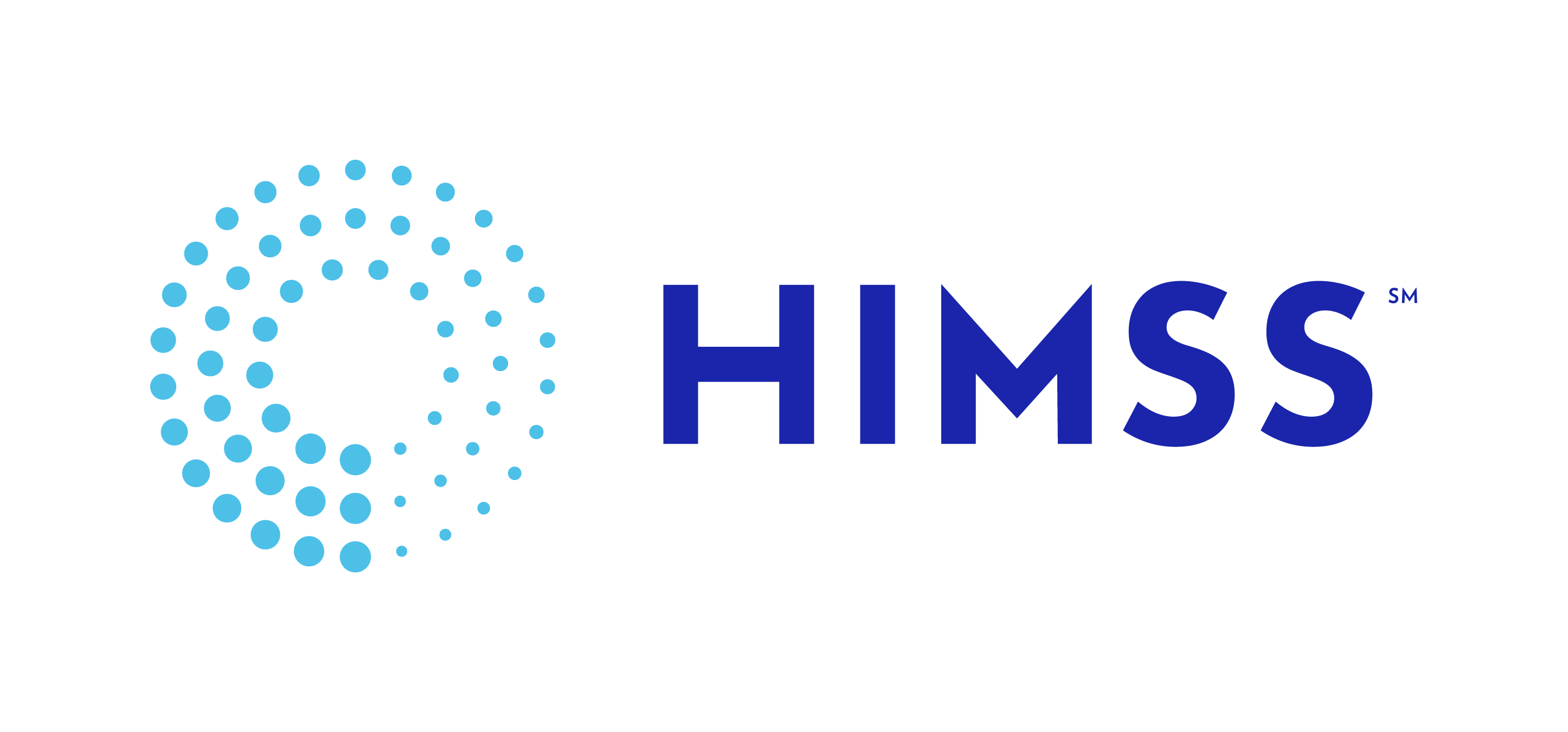Clinical Documentation: Reducing Burden and Improving Value - Next Steps for the EHR
Virtual Meeting (credentials will be sent to you after registration).
Clinical Documentation: Reducing Burden and Improving Value - Next Steps for the EHR
The implementation of EHRs has resulted in unintended consequences on clinical practice and healthcare systems, including significant increases in clinician documentation time. Extended work hours, time constraints, clerical workload, and disruptions to the patient-provider encounter, have led to a rise in discontent with existing documentation methods in EHR systems.
Efforts to Reduce Clinician Burden are ongoing, but must be done judiciously in order to preserve and promote the value and effectiveness of the patient’s data. This panel will feature real-world input from clinicians discussing how the evolving regulatory landscape and advances in technology contribute to clinician burden reduction. Our experts will provide insight on current research and opportunities for improving the quality of patient data and enhancing the clinician patient experience.

Sarah Collins Rossetti, RN, PhD is an Assistant Professor of Biomedical Informatics and Nursing at Columbia University. Her research is focused on identifying and intervening on patient risk for harm by applying computational tools to mine and extract value from electronic health record (EHR) data and leveraging user-centered design for patient-centered technologies. Previously she was a Senior Informatician at Brigham and Women’s Hospital and Harvard Medical School. Dr. Rossetti is an experienced critical care nurse, received her PhD from Columbia University School of Nursing, and completed a Post-Doctoral Research Fellowship at Columbia University’s Department of Biomedical Informatics. Dr. Rossetti has served on the Board of Directors for AMIA, Policy Coordinator for the Alliance for Nursing Informatics, and Co-Chair of the NLM funded 25 By 5 Symposium Series to Reduce Documentation Burden on U.S. Clinicians by 75% by 2025. She was nominated by NINR and selected as a 2019 recipient of the Presidential Early Career Award for Scientists and Engineers (PECASE). The PECASE is the highest honor bestowed by the United States Government to outstanding scientists and engineers who are beginning their independent research careers and who show exceptional promise for leadership in science and technology.

Peter Basch, MD, MACP is the Senior Director for IT Quality and Safety, Research, and National Health IT Policy for MedStar Health. He received his BA from Trinity College in Hartford, Connecticut, and his MD from the George Washington School of Medicine and Healthcare Sciences. Dr. Basch completed his internship and residency in Primary Care Internal Medicine at the George Washington University Hospital. He is board-certified in internal medicine and is a Master of the American College of Physicians.
Dr. Basch has over twenty years’ experience in EHR implementation and optimization. He has been recognized as one of the Top 25 Clinical Informaticists by Modern Healthcare and has informatics leadership awards from the Health Information Management Systems Society (HIMSS), the Association of Medical Directors of Information Systems (AMDIS), and the Washington Academy of Sciences. Dr. Basch’s current efforts are primarily focused on retooling the EHR and clinical workflows such that information-enabled care is less burdensome; results in better outcomes; and is perceived as adding value by patients and clinicians.
______________________
MDHIMSS is committed to the community during these difficult times and will be matching all donations made to the Maryland Food Bank.
